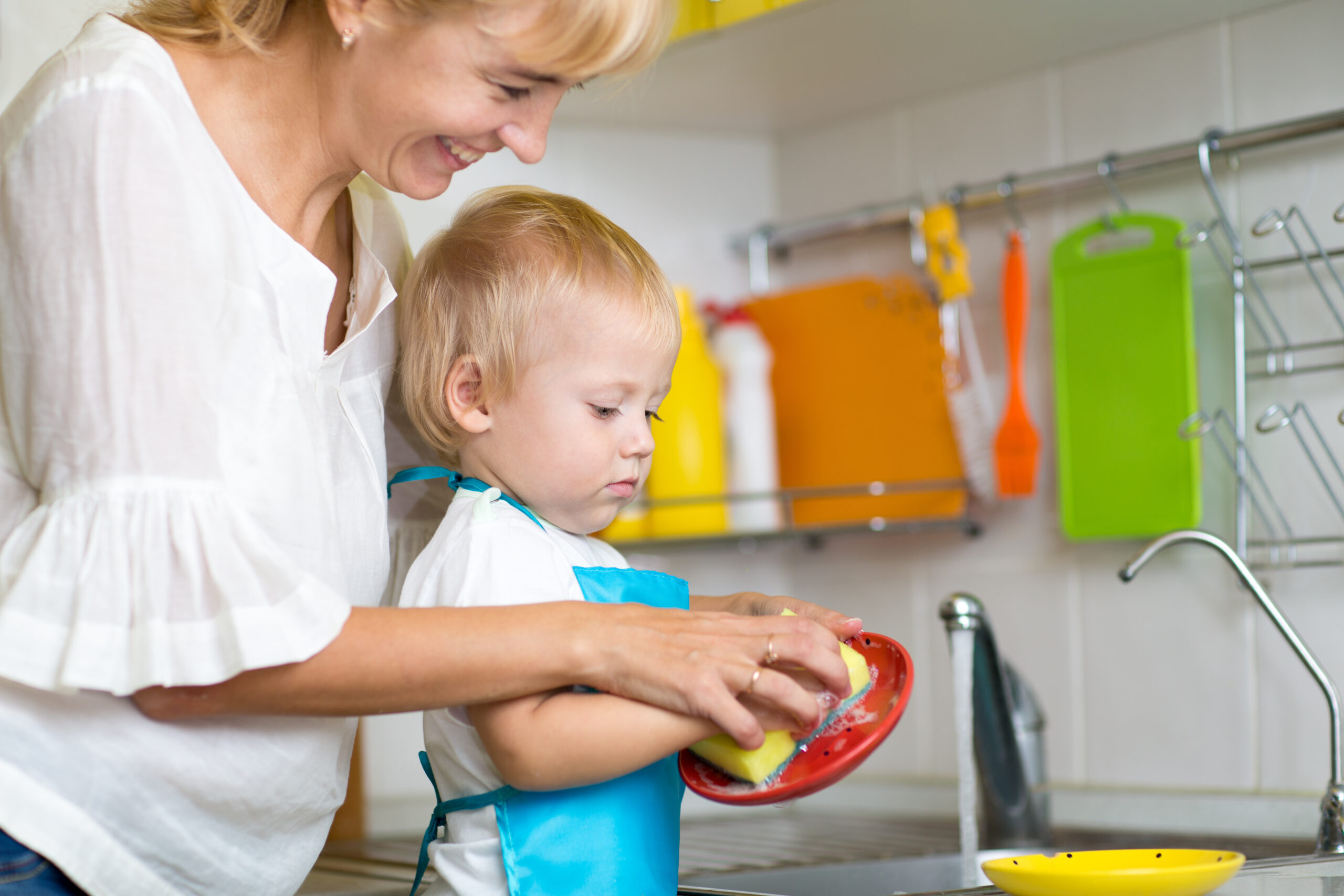Discovery Point Blog

Building Your Child’s Independence
Raising an independent child requires walking a fine line: you want to give your child the freedom to grow, explore, and learn, but you also want them to know you’ll always be there to support them when they need help. Finding the right balance will take some trial and error, and the balance you eventually strike won’t be the same from child to child. This process is what makes parenting both an adventure and a lifelong learning process.
One of the trickiest parts about building your child’s independence is that it takes time and practice. Doing things for your child often seems like the fastest and most efficient route, whether they’re two or eleven or sixteen. However, allowing them to learn how to do things for themselves will eventually save you time and effort in the long run, while also making them more confident and reliable individuals.
Below, we’ve listed some tips for building your child’s independence in an intentional and supportive manner.
Give Them a Heads Up
If you’ve made your child’s lunch, organized their homework, and set out their school clothes for years, abruptly deciding you’re not going to do those things anymore may not be the best way to encourage their independence. Instead, get them on board with taking on more responsibilities making the transition more gradually.
If they’re already in school, consider approaching them by saying, “You know what, I’ve been treating you like a little kid when I know you’re capable of so much more. I can tell you’re ready for some big-kid stuff! How about packing your own lunch?”
Even if your child is a toddler, communication is key when it comes to building their independence. If you have a particularly separation-sensitive toddler, avoid any surprises by letting them know when you’re leaving the room or the house. When they can trust you to give them a heads up about what is going on, they’ll be more comfortable being away from you for longer stretches of time.
Create Time in the Day for Skill Building
You block off time in your child’s schedule for them to build academic skills and social skills. Why not also carve out time for them to work on their independence?
If it takes them longer to get ready in the morning without your help, make sure the morning routine starts earlier. If they tend to dawdle at dinner making it hard to get homework and bathtime done before bed, shift your schedule so homework is done before dinner so only bathtime is left.
The key here is to find ways to avoid constantly racing the clock. Knowing what tasks can be skipped or rescheduled to give you more time will not only reduce stress but it will allow you to feel less inclined to step in and take over. All of this builds that independence you want for your child.
Stay Positive
Your child may not get certain things right on the first try – or the second or third. Rather than aiming for perfection, acknowledge their efforts with praise.
In the first stages of trying something new on their own, such as getting dressed, it’s not as important that their shirt is on the right way as it is that they got it on at all. Encouragement and praise during the early learning phase will help inspire your child to want to do more!
Have Them Spend Time with Other Adults
If you have family members or close friends you trust, invite them into your child’s life. When your child learns to depend on adults other than you, they’ll learn new ways of doing things and be held to new expectations.
While they may normally rely on you to tie their shoes, for example, they may want to show off to Grandma that they can do this themselves. Sometimes children surprise us with what they will do on their own at school or with others. We just have to give them the space to be independent.
Avoid Providing Constant Entertainment
Give your child the space to find their own interests, even if they initially seem bored or uncomfortable. While you may feel scheduling activities back-to-back is the most efficient use of their time, the truth is they need to learn how to fill their own days, keep themselves entertained, and follow their natural curiosity.
This will also give you more time to spend on your own passion projects and ambitions. It also shows your child that not only is it ok, but it’s actually a good thing for you to have separate interests.
As your child builds their independence, they will also develop their individuality and practice important life skills. By showing them the importance of independence from an early stage, you can lay the foundation for them to grow at their own pace and maintain confidence in themselves every step of the way.


